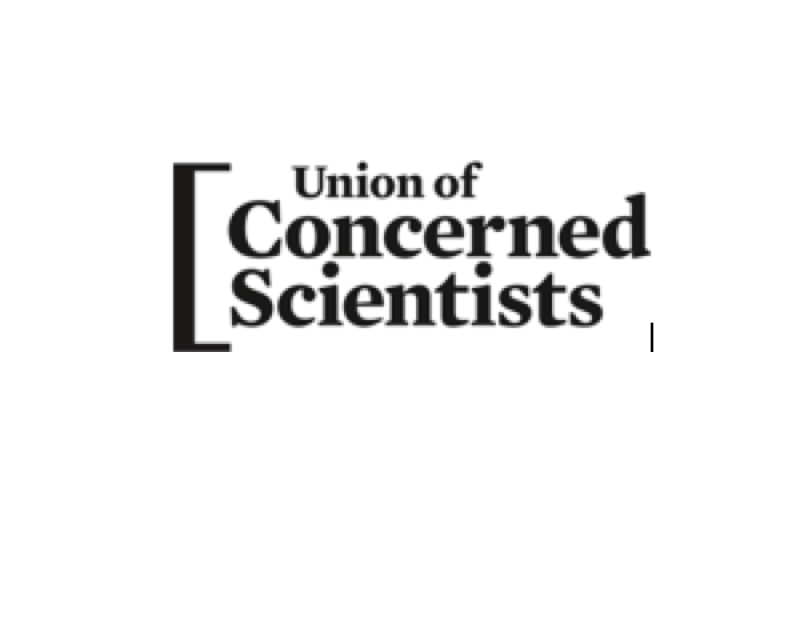The GLP aggregated and excerpted this blog/article to reflect the diversity of news, opinion and analysis.
Transparency is in everyone’s interest. Harassing scientists is not. So where should we draw the line when politicians use their investigatory powers to target scientists or when corporations and ideological interest groups use open records requests to harass researchers at public institutions?
Last week, Paul Thacker and Charles Seife published a blog post on PLoS that argued in favor of a simple answer: Don’t draw any lines. Unfortunately, they neglected some specifics and misrepresented Union of Concerned Scientist’s (UCS) work.
Thacker and Seife criticize a report UCS published last year, authored by Michael Halpern, which chronicled how politicians, corporations, and interest groups have used open records requests to attack scientists and research. They argue that harassment is a price worth paying for transparency.
Indeed, transparency laws are in the public interest. But, “outside scrutiny” and harassment are different things. That’s why UCS has argued that it is in the public interest to protect scientists from harassment campaigns that prevent them from doing their jobs.
Proactive disclosure is one way forward. Better practices for responding to open records requests and more resources to implement them are another. It would be beneficial for the scientific community to agree on principles for responsibly responding to requests.
Scientific institutions need to develop fair, universal standards for disclosure and define what constitutes harassment. Ideally, protecting scientists shouldn’t interfere with journalists’ and public interests groups’ ability to discover wrongdoing. But, the scientific community shouldn’t roll over for every request, especially those that cross the line into harassment.
This is complex stuff and simple answers are easy. Effective ones will be harder and worth figuring out.
Read full, original post: Transparency is Great, Harassment is Worth Preventing: A Response to Paul Thacker and Charles Seife































